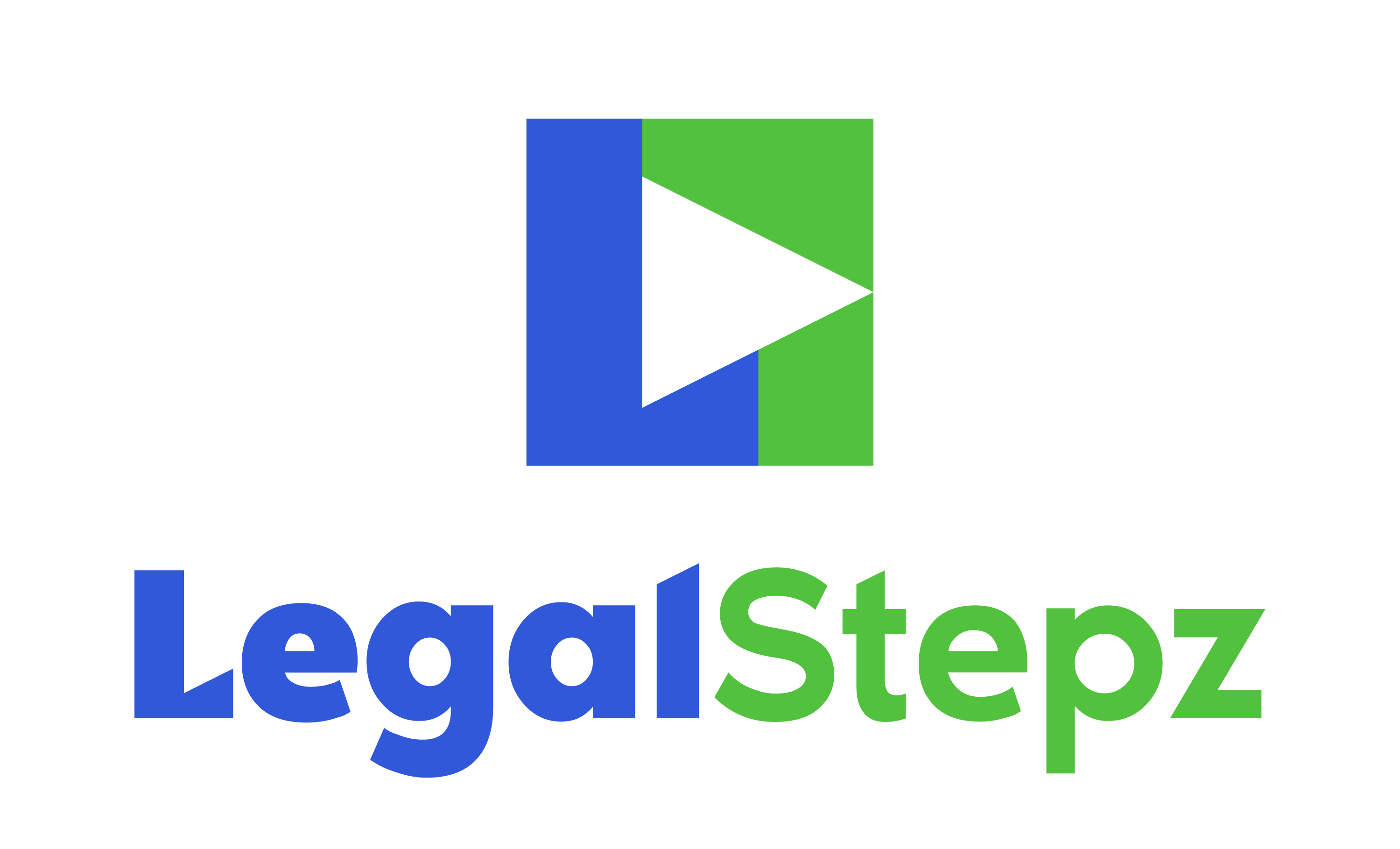Beneficial ownership: What is It and Why is it Important?

The Corporate Transparency Act, which comes into force on January 1st, 2024, is a new requirement that most businesses must adhere to. While there are a few exemptions, most businesses need to prepare documentation for the law.
The law has been created to get the details of beneficial owners of businesses. Governments and law enforcement agencies can use this information to help track malicious business operating practices and illegal money transfers. But what is beneficial ownership, why is it important and who is a beneficial owner?
What is a Beneficial Owner?
A beneficial owner is an individual who has the benefits of owning a business entity. These benefits often include a share of the profits or a regular payment from the business. Beneficial owners may also have some powers within the business, such as being able to cast votes. However, they are not always the person who runs the business day-to-day. For instance, business investors who own a share for funding to start to a business.
Beneficial ownership is distinguishable from legal ownership. In most cases, they are the same, but that is not always the case. For instance, someone could have a 10% share in the company, but if someone else had 90%, they would technically be the legal owner.
Beneficial owners come in all sorts. When the Panama Papers were released, several world leaders were found to have stakes in businesses. These leaders included UK Prime Minister David Cameron and Icelandic Prime Minister Sigmundur Gunnlaugsson. The latter of these world leaders would resign as a result.
What are the Advantages and Disadvantages of Beneficial Ownership?
There are some advantages of beneficial ownership. For one, it allows shareholders to control shares and receive a share of the profits without registering their name officially. And it can also be a convenient way to manage numerous assets in different portfolios.
There are also disadvantages of beneficial ownership, such as that all communications must be passed through a select individual. Beneficial owners are often associated with unethical purposes, which is why there is a new act which is meant to prevent this.
What is the New Act?
The new Corporate Transparency Act comes into effect on January 1st, 2024. After this date, all businesses that are formed will have thirty days to submit who the beneficial owners are and specific details about them. Existing businesses have until January 1st, 2025 for this information to be submitted.
If there is a change in the information, then the company has a responsibility to update the authorities within 30 days. There are fines if this information is not correctly processed.
FAQs
Which companies don’t have to provide any beneficial ownership information?
There are specific corporations that don’t need to provide information, such as banks, accountants, and other financial-related businesses. There is a full list available.
Is there a minimum amount required to be a beneficial owner?
The definition of who is a beneficial owner is a person who owns a minimum of 10-25% of an organization, depending on the jurisdiction.
What information will I need to provide the government?
When the new regulations come into effect, companies and individuals need to provide information about their name, address, and tax information. This information needs to stay current. If there is a change, this information needs to be updated within 30 days.
Final Word: Beneficial Ownership: What is It and Why is it Important?
While in the past, beneficial ownership was a practice, it was sometimes used as a way to minimize the exposure of individuals who wanted to reap the benefits of business, without being associated with them. Now laws are changing and beneficial ownership is changing. You can find out more about business incorporation at LegalStepz.

0 comments
Leave a comment
Please log in or register to post a comment